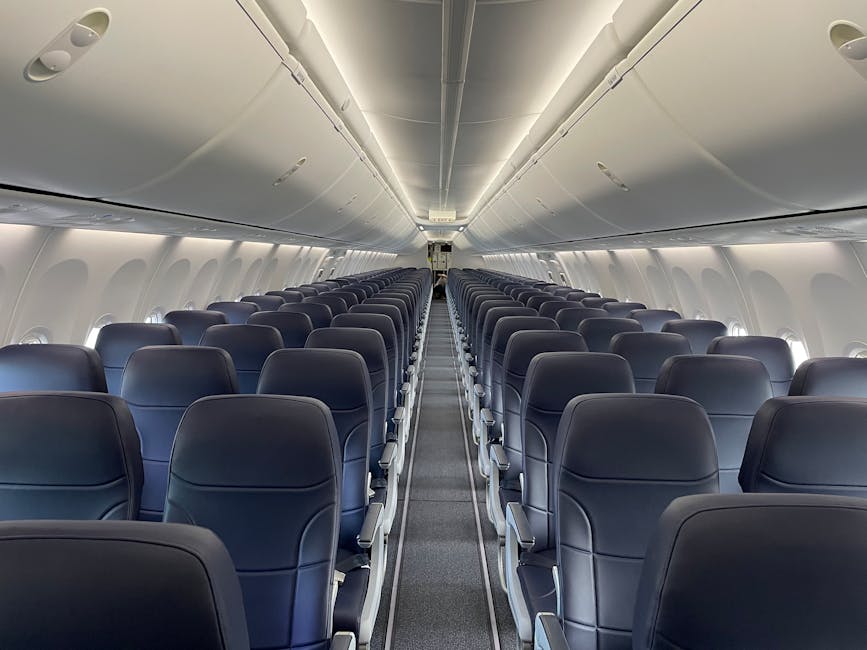EU Proposes Standardised Baggage Rules for Budget Airlines

In a bid to address widespread passenger frustration over inconsistent baggage policies, the European Union is considering a legislative overhaul that could compel budget airlines to adopt standardized rules for underseat bags. This move, prompted by a flurry of passenger complaints and legal disputes, aims to simplify and make transparent the often-confusing baggage allowances that have troubled travelers across the continent.
The potential regulatory change stems from an initiative by EU transport ministers, who, in a recent proposal, suggested that passengers should be entitled to carry one personal item with dimensions up to 40x30x15 cm, including wheels and handles, without incurring additional fees. This item should fit comfortably under the plane seat, a guideline that would apply to all EU-based airlines, affecting flights within the EU as well as those departing from or arriving in non-EU countries like the UK when operated by EU carriers.
This development follows years of passenger grievances, underscored by the experience of individuals like Benjamin Till, who faced unexpected charges due to misunderstood baggage dimensions. Airlines such as EasyJet have maintained that their policies are clearly communicated at the time of booking, yet the inconsistency across carriers has led to confusion and dissatisfaction among consumers.
The proposal by EU ministers does not, however, address fees for overhead cabin bags, a point of contention that has seen various consumer advocacy groups calling for more comprehensive reforms. The European Consumer Organisation (BEUC), representing 45 independent consumer groups from 32 countries, criticized the proposal for not going far enough in standardizing baggage policies across the board.
In contrast, budget airlines argue that their varied baggage fees are essential for keeping fares low, a stance supported by industry group Airlines For Europe, which contends that such charges allow passengers to customize their travel based on individual needs.
The push for standardized baggage rules also follows recent actions by national governments, such as Spain, which fined five airlines a total of €179 million for what it deemed 'abusive' practices related to hand luggage charges.
As the EU Parliament considers the transport ministers' proposal, stakeholders from across the spectrum weigh in on the potential impact on air travel within Europe. Consumer advocates argue for clear, universally applicable rules that reduce disputes and enhance passenger experience, while airlines caution against measures that could lead to increased fares.
With the legislative process underway, the future of EU airline baggage policy hangs in the balance, promising significant implications for travelers, airlines, and regulatory bodies alike.
Advertisement
Tags
Advertisement





